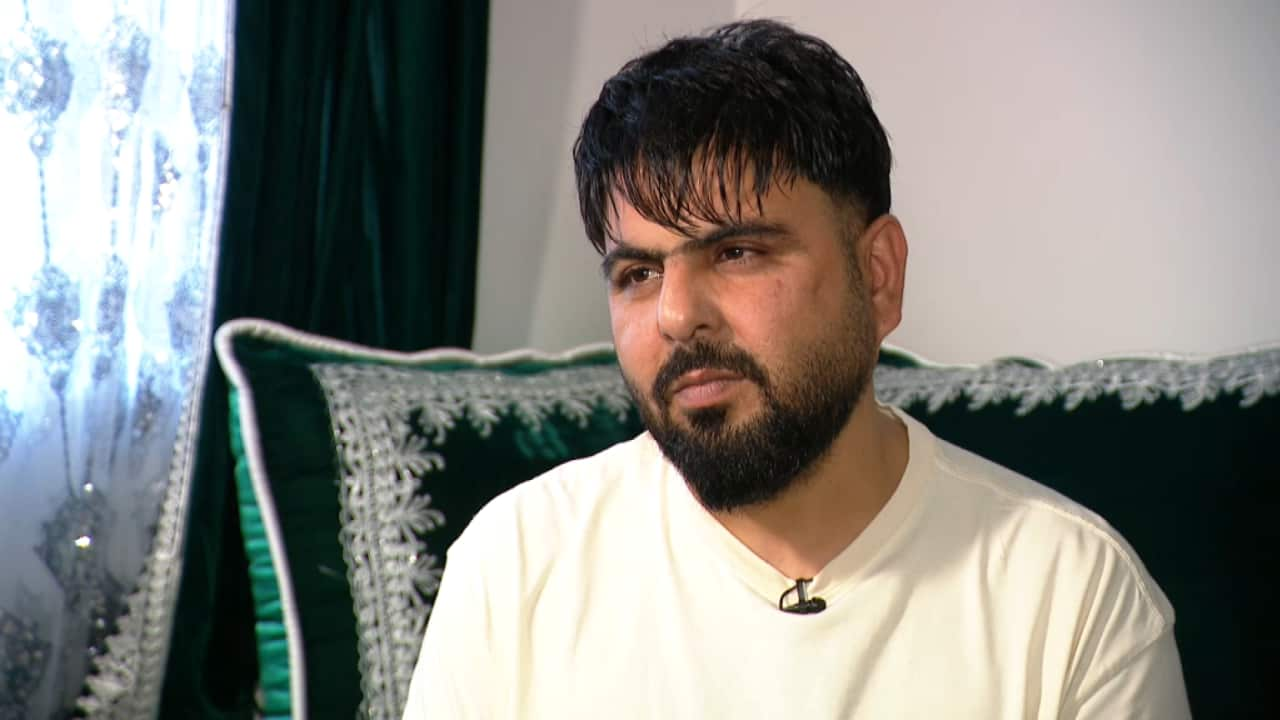Key Points
- Australia’s Afghan Locally Engaged Employee Program is being terminated on 31 May.
- The LEE program offered resettlement to interpreters who were at risk of harm by the Taliban due to their work.
- Applicants still waiting on certification are stuck in Afghanistan and say their lives are at risk.
In 2021, Taj Wali Raihan’s world was upended.
The Taliban had taken back Afghanistan and he was .
Raihan had worked as an interpreter for the Australian Defence Force (ADF) a decade ago and feared for his life in Afghanistan.
“We felt very sad at that time, fearing that if the Australians didn’t come, and we stayed, we would be in danger,” he told SBS News.
“Because we have worked with Australians and heard the Taliban are killing people.”
He has now settled with his family in Newcastle, NSW, and successfully obtained a humanitarian visa through .
“Now that we have come to Australia, I see a bright future for my children and we also see a promising future for ourselves,” he said.
The LEE program began in 2013 and offered resettlement for Afghan employees who were at risk of harm as a result of their work with the ADF.
It has helped 900 former workers settle in Australia since its inception, but as it draws to a close, there are still many former interpreters stuck in Afghanistan who say their lives are at risk.
Now, they can do nothing but hide, and they say the Australian government has abandoned them.
A LEE falls under the humanitarian visa and allows successful applicants to be fast-tracked.
In order to be processed, former Afghan employees need to receive certification from the Department of Defence to prove they worked for the ADF.
Once they receive that, they can apply for a permanent humanitarian visa.
But some have still not received a certificate outcome.
That means they likely won’t be able to apply for a fast-tracked visa because .
That includes Ali (not his real name), who has been waiting seven years for his certification.
“My family and I are facing serious threats. I am in hiding, away from my family and children. Many times, the Taliban have raided my house because of me,” he told SBS News
Lawyer Shahri Rafi said she believes Australia is turning a “blind eye” to its moral duty.
“For the ones that haven’t lodged or didn’t have the opportunity to lodge, or the fact that the Australian government did not expand the contractors in this process and abolished the program … in my view, Australia is turning a blind eye to its moral duty,” she said.
The Department of Home Affairs is still processing 189 existing LEE applications, regardless of the program’s closure.
It told SBS News that former employees who weren’t able to get LEE-certified can still apply for a humanitarian visa.
But it means those in most danger, because they worked for Australia, will be stuck in a queue of around 220,00 applicants.
This story was produced in collaboration with SBS Pashto
